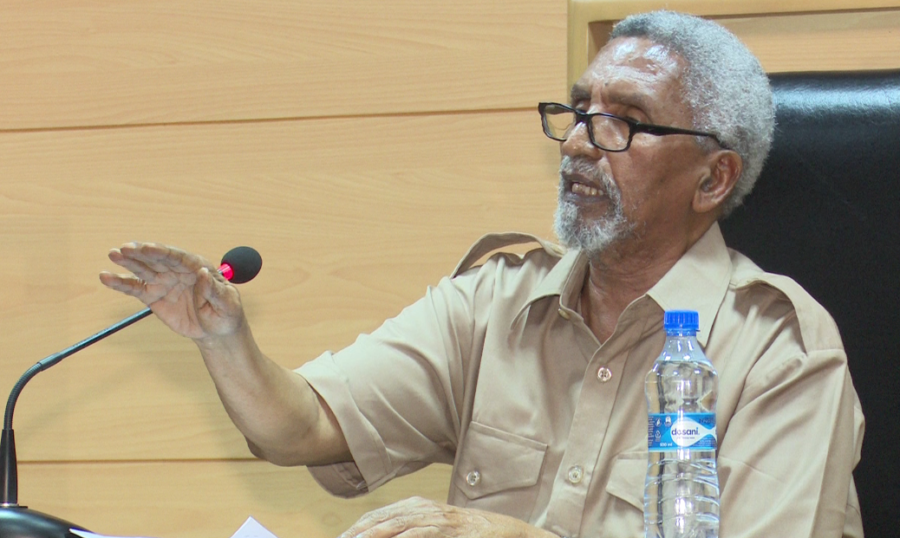Senate passes Telecommunications Bill ending 10 year deadlock


The Senate has today passed the telecommunications bill paving way for presidential assent after the Lower House gave it a nod last week closing in on what has been one of the most difficult bills to sail through the House and effectively reigning in on telecommunications sector which will now be subject to statutory regulation.
The passing of the bill which is also historic for the Senate-the first bill since its inception last year places the ball on President Mohamed Farmaajo’s court who will either assent to or reject with reasons sending it back to the Lower House.
Today’s endorsement of the bill now ends more than 10 years battle to pass the law which has suffered a still birth since the 7th Parliament.
The Senate broke tradition to pass the bill by conducting two sessions unlike the standard one session since it started its sittings early this year. The first session dispensed with the second reading while the next which started after a 45 minutes break concluded the third and final reading subsequently heading for a vote.
Telecommunications minister Abdi Ashur tabled the bill Saturday in the Senate for the first reading opening debate for three days before its passage today. In today’s vote, 39 Senators voted in favour of the bill out of 40 members present.
Addressing the Senate Saturday, Engineer Ashur termed the endorsement of the bill by the Lower House as historic after more than ten years of struggle. “”It is another historic day for Somalia and a giant step towards establishing a regulatory framework for our vibrant telecom industry,
because this was the oldest bill that remained idle before the parliament for more than 10 years.”
The Telecommunications Law will provide regulatory framework for three key areas-broadcast, internet and telecommunications sectors through the formation of a National Communications Authority. The Authority is composed of nine board members drawn from the ministry of telecommunications, telecommunications companies, professional bodies in the telecommunications sectors and representative from the Attorney General’s office.
The law also seeks to cushion consumers in this sector by setting up complaints mechanism holding responsible the industry from any acts of commission or commission. During the 23 days internet outage in June, the government estimated the country was losing up to $10 million dollars a day as a result. Engineer Ashur noted that it was not possible to pursue compensation for loses since there was no legal framework.
The passing of the bill is also crucial for government to generate revenue especially from the telecommunications sector which has registered exponential growth in the last decade. In the absence of a telecommunications law, telecommunication companies have been paying a lump-sum negotiated presumptive tax which amounts to $4.8 million annually.
Finance Minister Abdirahman Beyle said in his 2017 Appropriations Act detailing the national budget that the government could generate up to $100 million from telecommunication companies once the bill is passed into law.
Critical however will be the enforcement of the law which will require the support of other government organs such the the revenue authority, the courts among others.